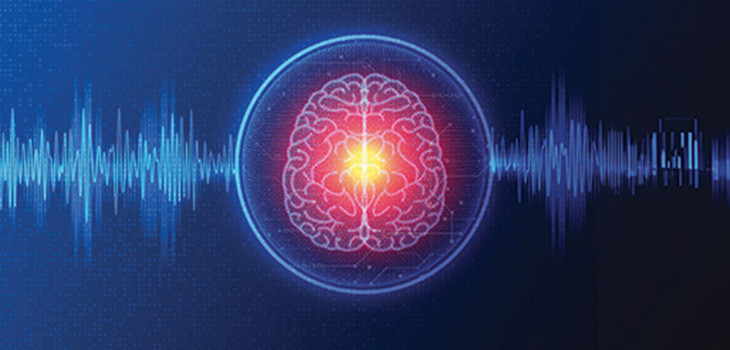
- If a person’s right to freedom of thought is considered fundamental to their sense of self, neurotechnology brings with it profound implications for identity, agency and broader human rights.
- Neuro-marketing and neuro-politics make use of strategies that tap into the brain, subconsciously swaying consumer or voter preferences without overt awareness.
- The absence of regulation in these areas highlights the crucial importance of human rights law in tackling the challenges they present.
2024 was the year of elections. Almost half the world’s population voted, including eight of its ten most populous countries.
Such is the increasing influence of artificial intelligence (AI) over voter habits that Tristan Harris, co-founder of the Center for Humane Technology, has gone as far as to describe the 2024 US election as ‘the last human election’.
But—again—neurotechnology









